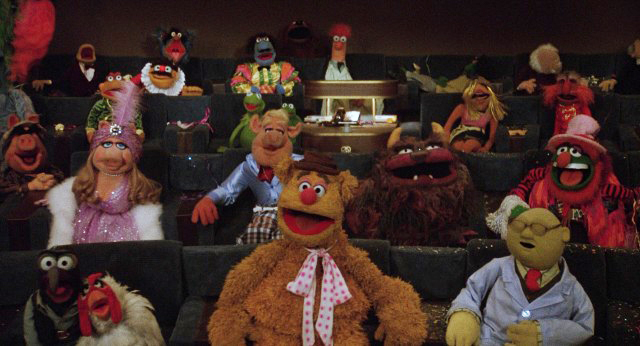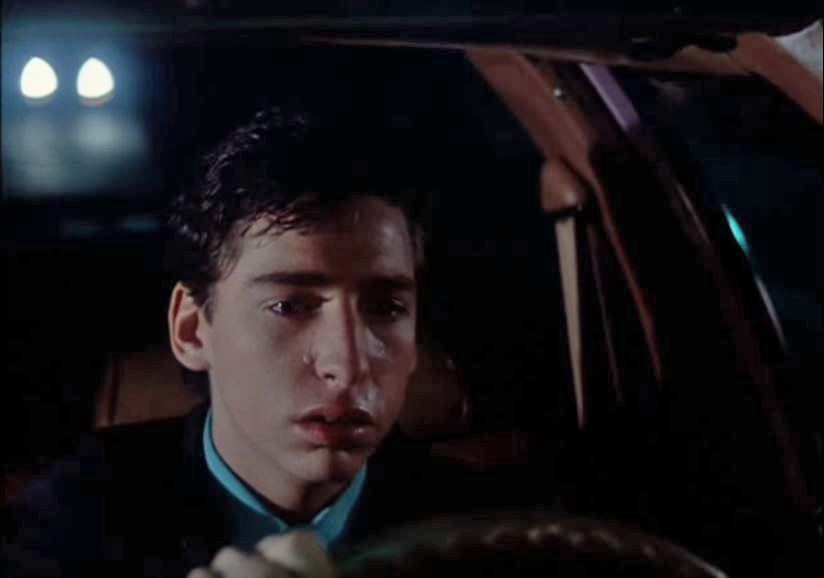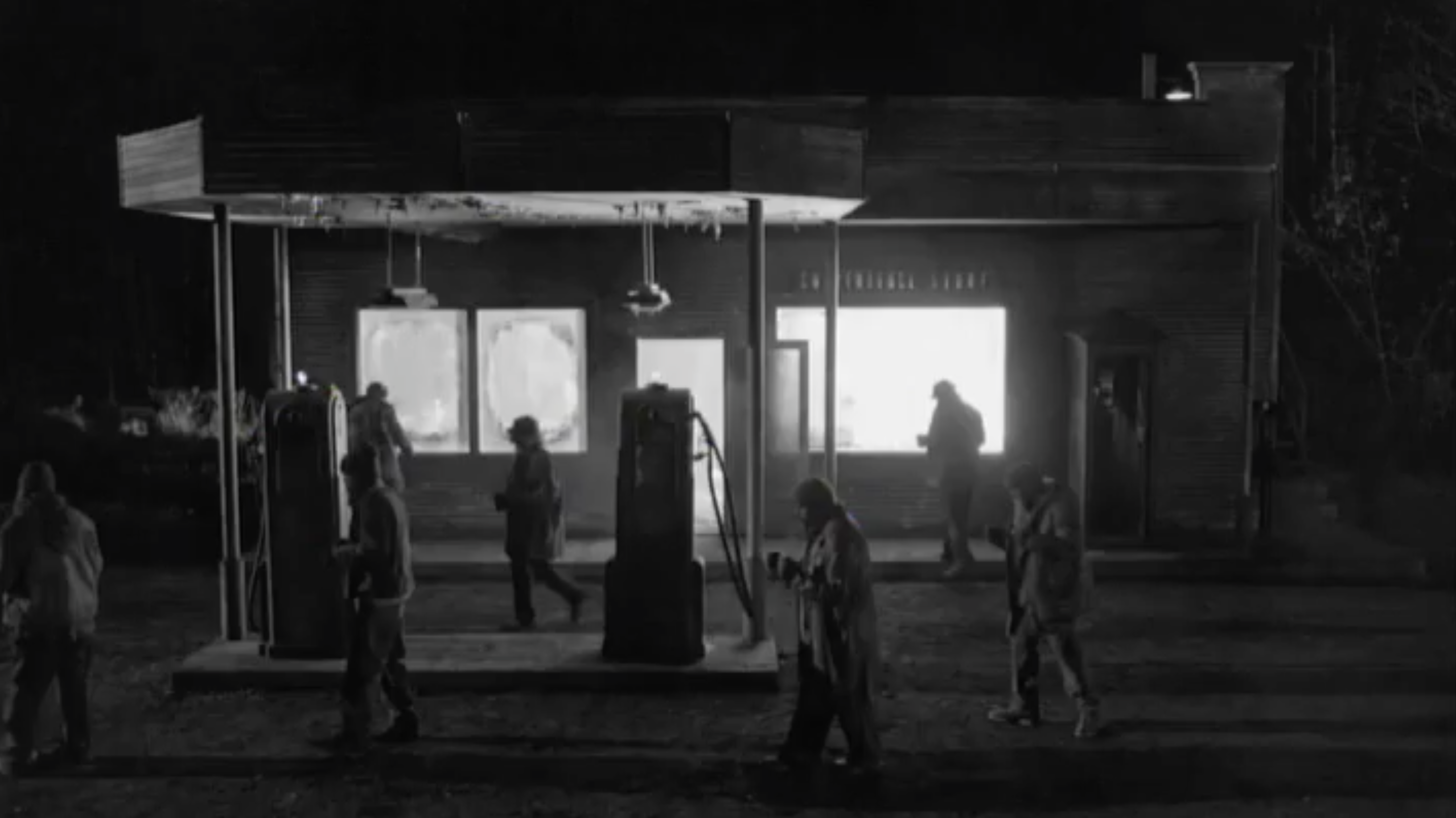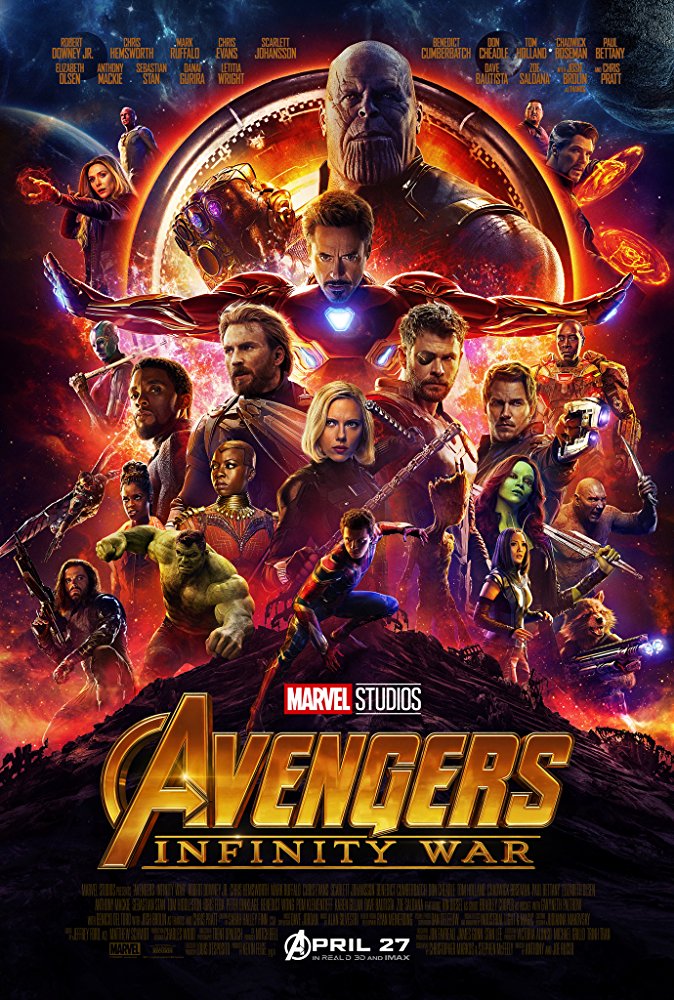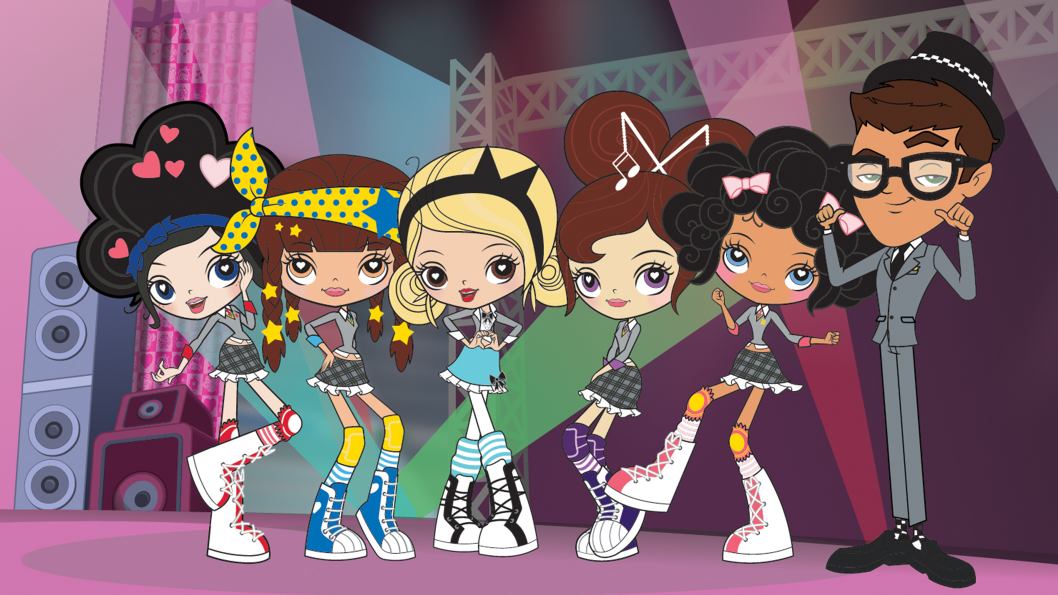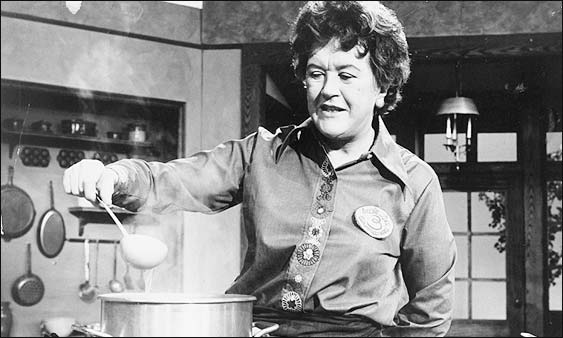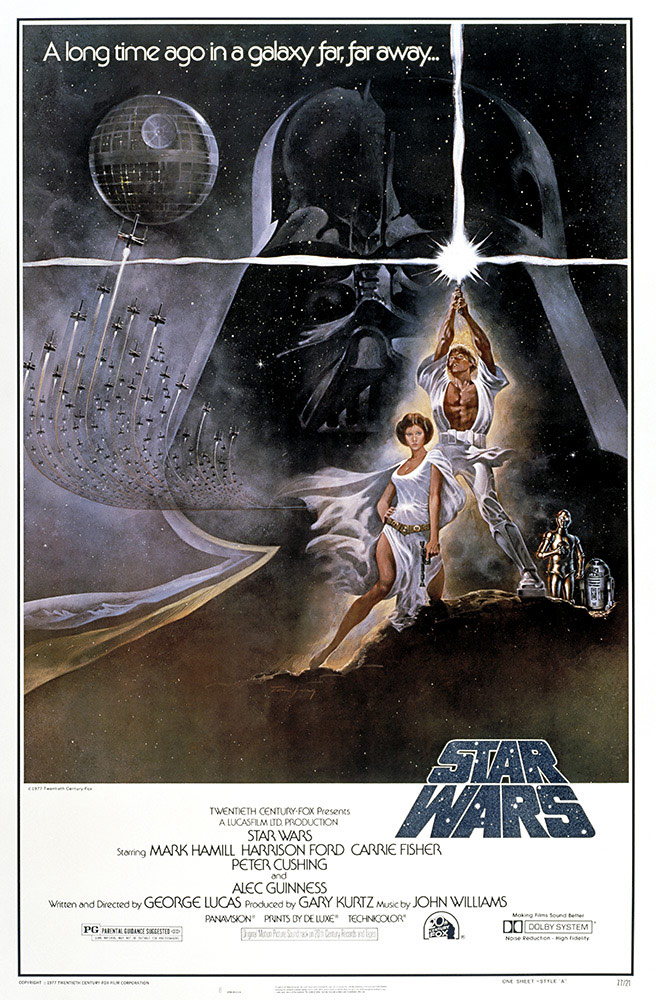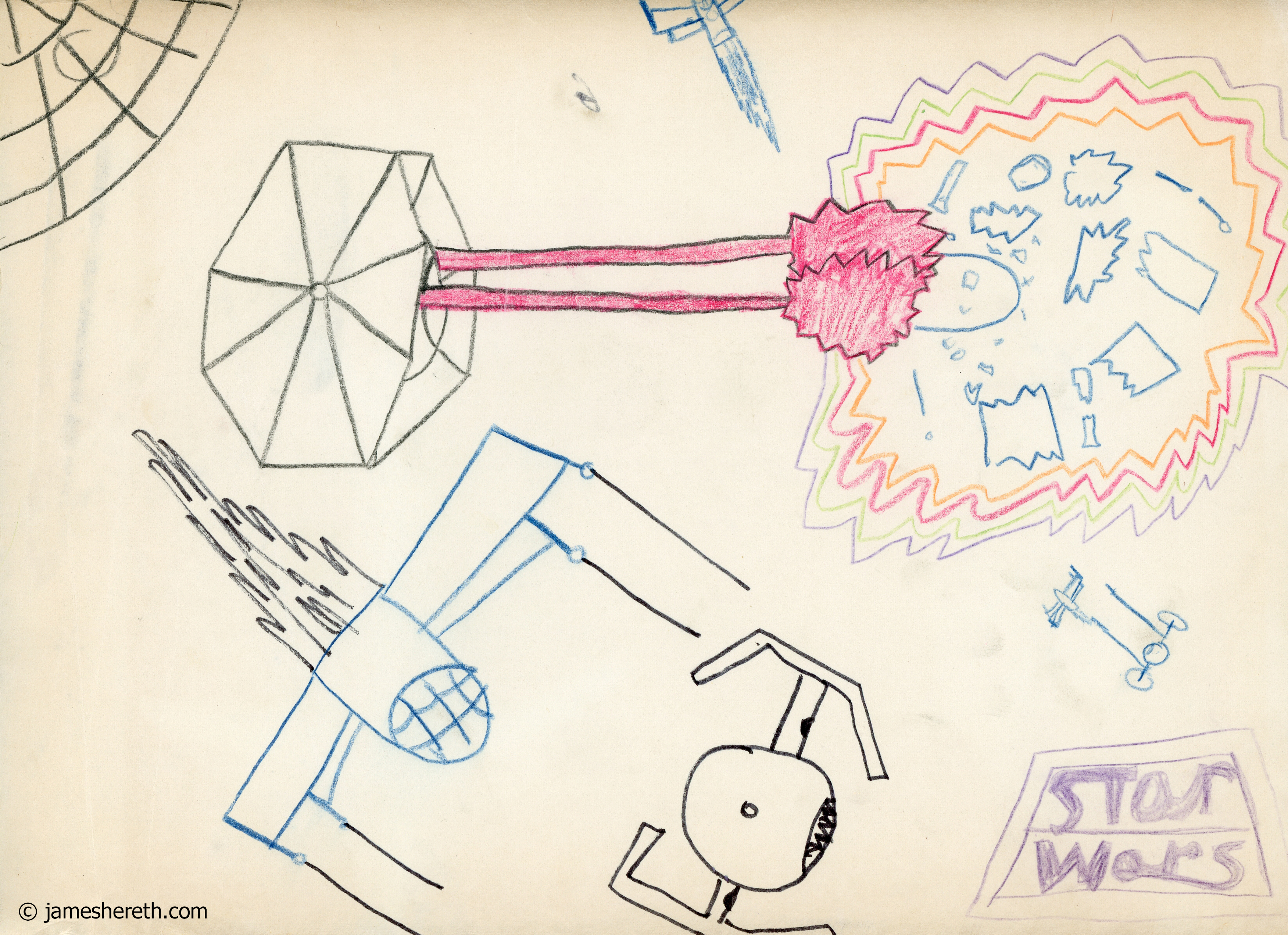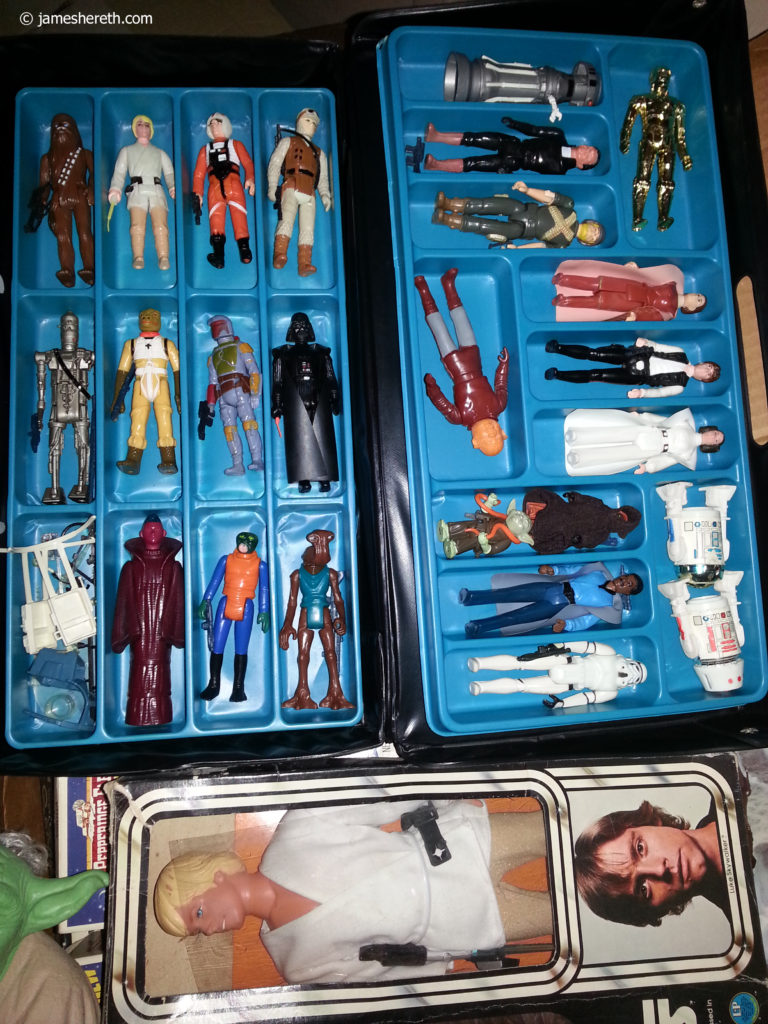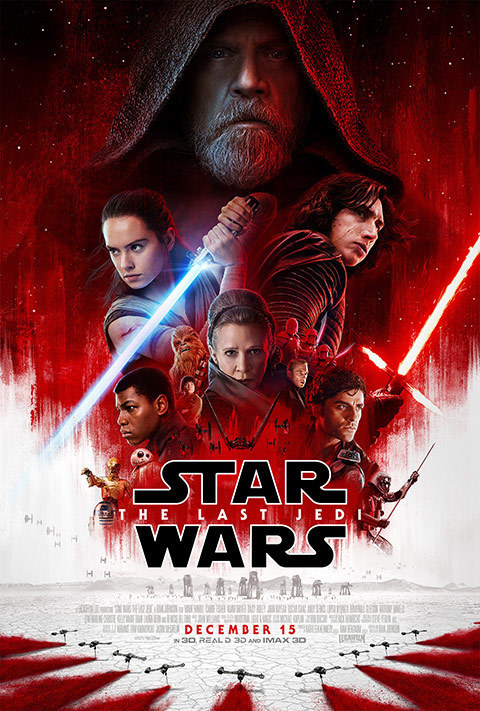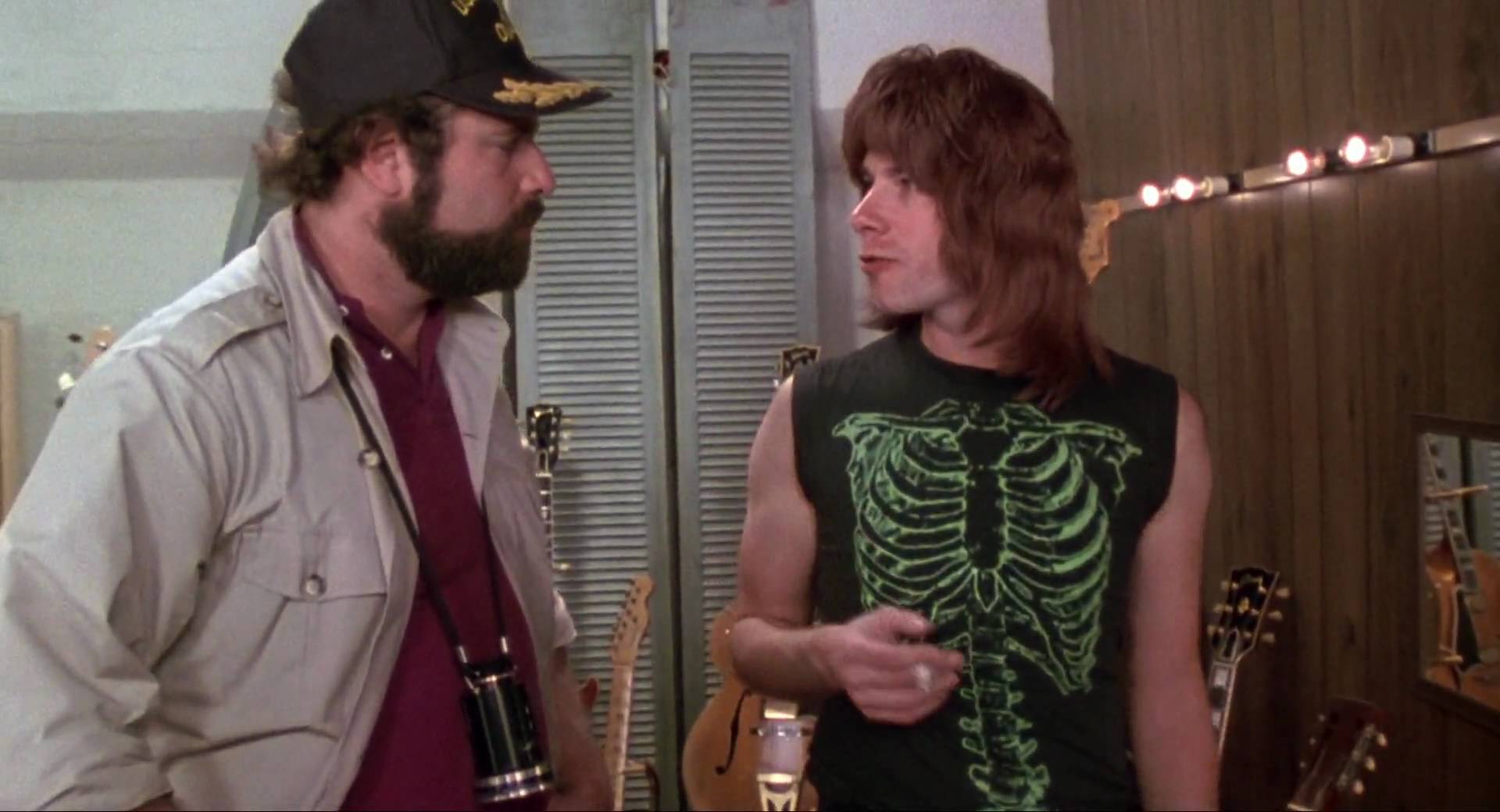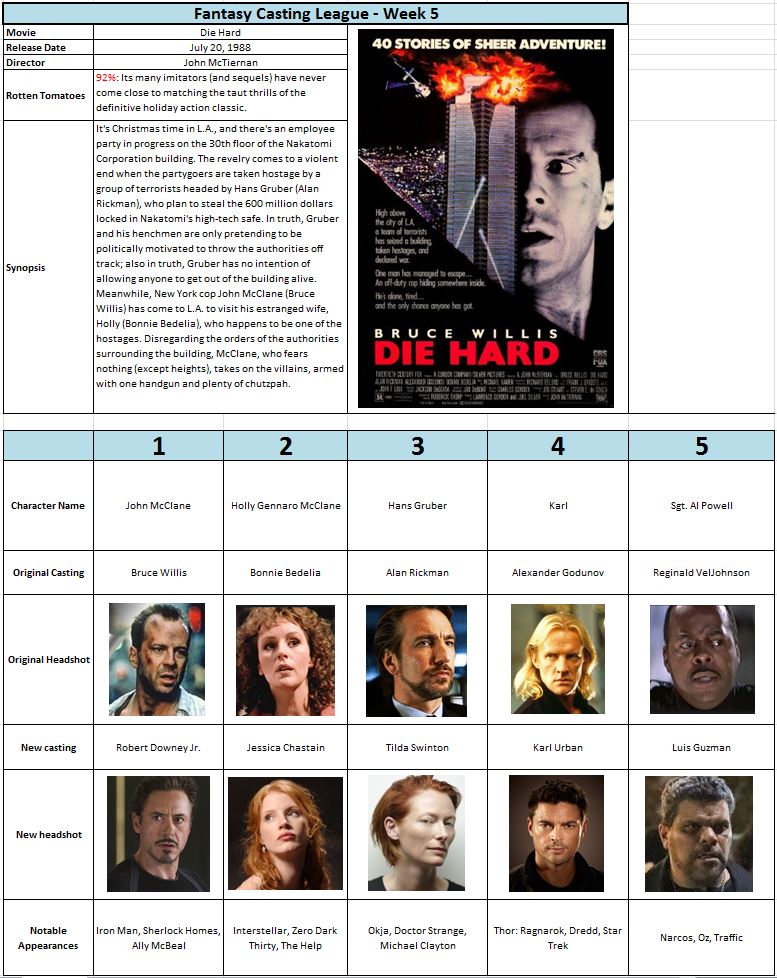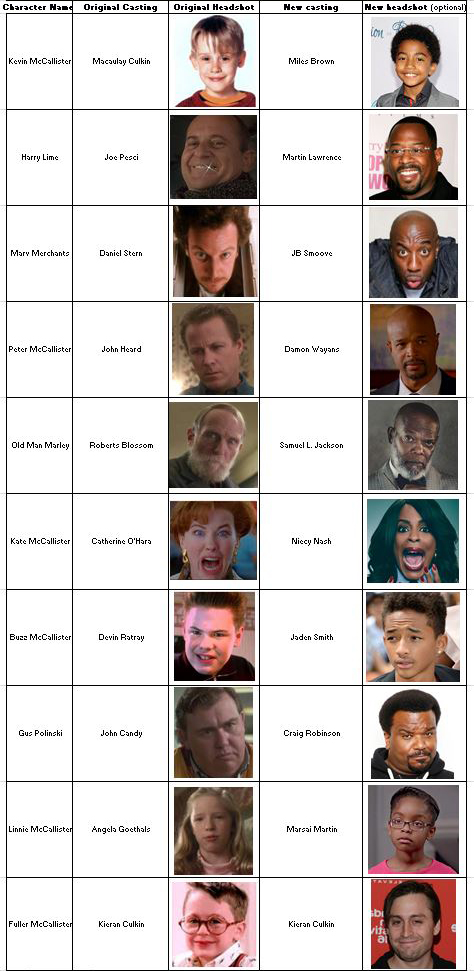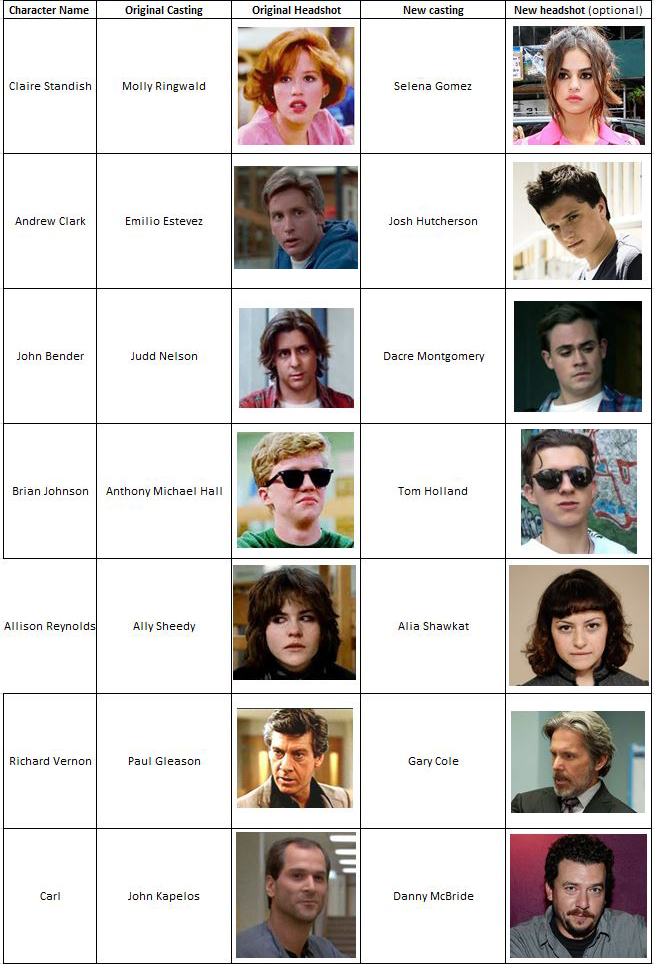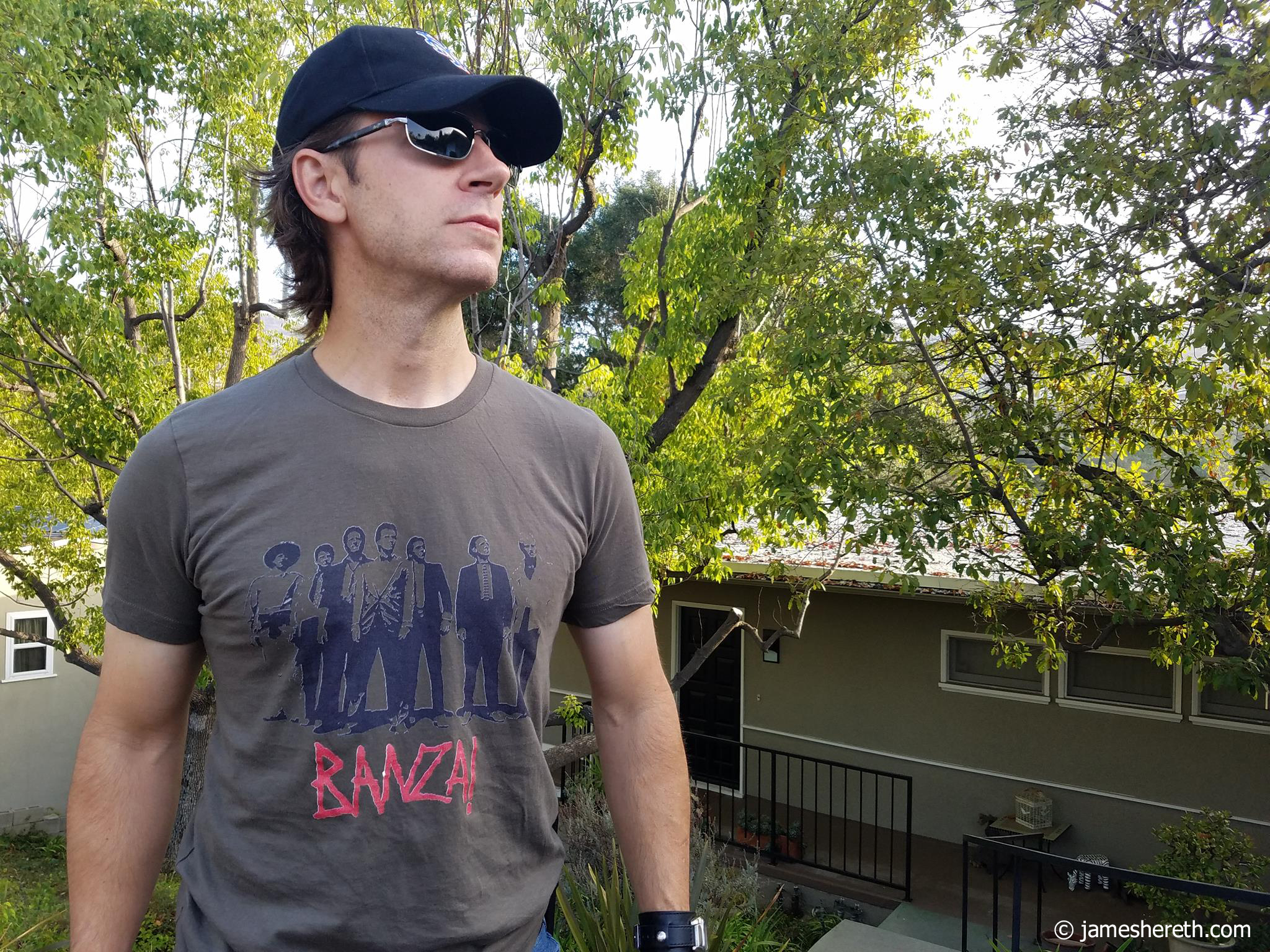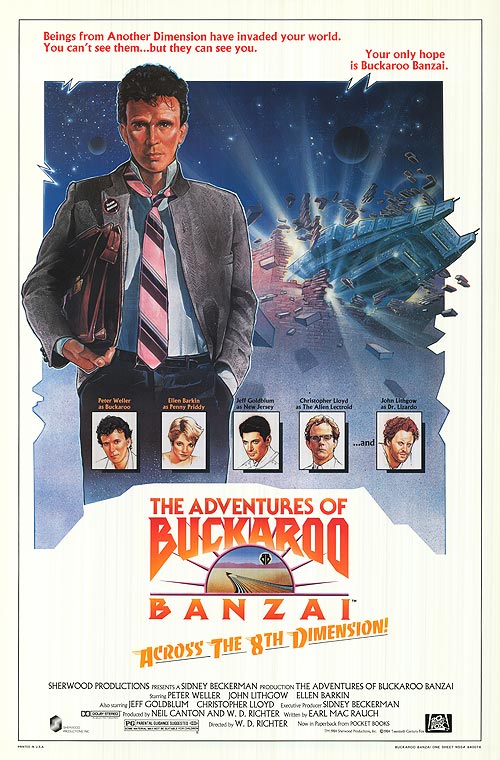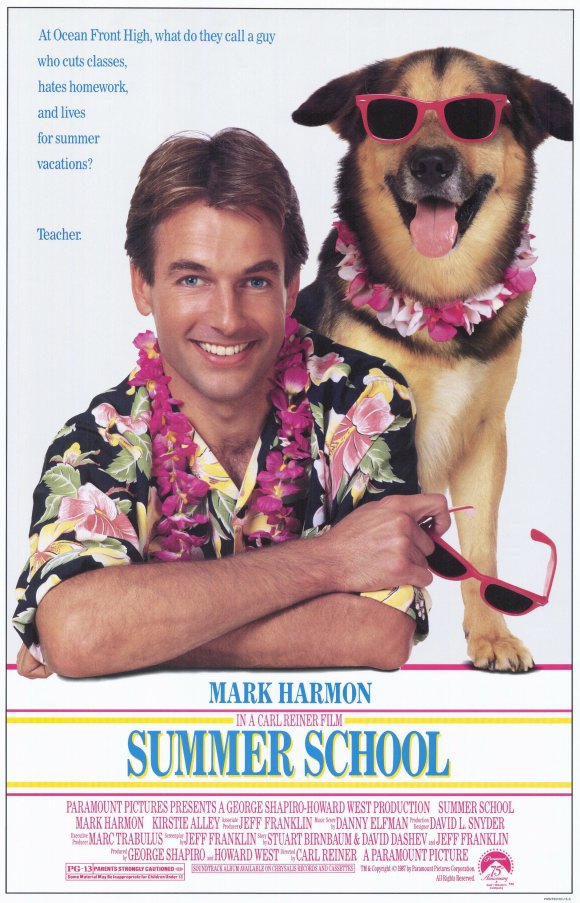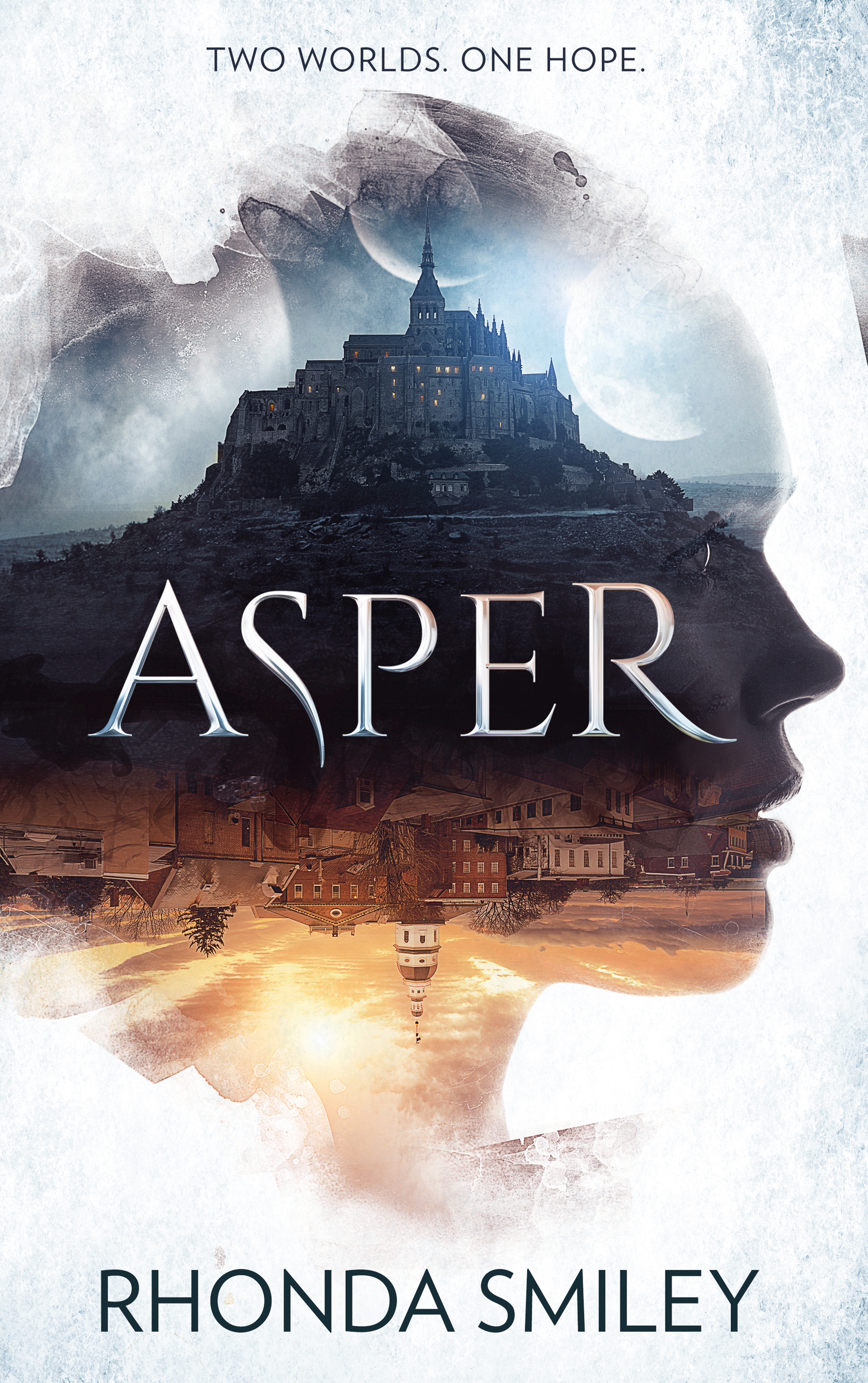
You can judge this book by its cover. Magical.
My frequent collaborator, Rhonda Smiley, has been a working screenwriter for years, both as a solo scribe and in partnerships.
As one of the many little-known, but prolific, creatives in the business, she’s written dozen of hours of television, including shows like High Tide, Ninja Turtles: The Next Mutation, Totally Spies!, Kuu Kuu Harajuku, and the independent sci-fi feature, Race.
Earlier this year, she published her first novel, Asper, a dark YA fantasy.
Like a lot of writers, I dream of one day publishing a novel myself, so I thought it would be helpful to get some insight into the process from a fellow screenwriter’s point of view.
She didn’t disappoint…
What’s the first thing you remember writing that wasn’t a school assignment?
It was probably a feature spec but I’m not sure which one. If I had to guess, I’d say it was something I co-wrote called, Executive Rush, and I think the feedback we got was that it was “ambitious.”
And yes, it’s about a young courier who gets embroiled in the corrupt world of high finance.
After years as a professional screenwriter, what was the impetus or inspiration to start writing a novel now?
Writing specs that don’t get produced is hugely unsatisfying. I wanted people to see what I was writing, so a book was the next logical step. I also thought it’d be nice to do something I didn’t have to rewrite to suit others until it became unrecognizable. Screenwriting is very collaborative and you’d be surprised how much your story can be developed away from its original concept.
Turns out writing books isn’t that much different. Not quite as collaborative, but throw in beta readers, editors, and if you’re lucky, managers, agents or publishers, and your story definitely evolves.
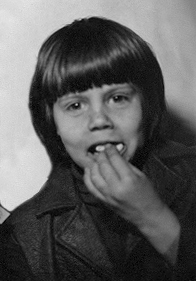
(photo not current)
What have you found to be the most significant difference between writing screenplays and writing novels?
Everything. The only thing I find the same is dialog.
When I write a script, I see it in my head as a movie or an episode. I automatically think in filmic conventions, not literary ones. For instance, I can match-cut to something to make a distinct connection in a script, but that type of link is tricky to do in a novel.
Another obvious difference is that you have to paint a picture with words if you want your reader to truly envision your world because you don’t have a set designer or costumer to come in and add the finer details. In a script, I can slug a location on the east African savanna and be done with it (unless there are particulars to the story that need to be noted), but in a book, I’d better say more about it because I don’t have a director showing you what that looks like.
And then there’s the fashion of narration. Ugh. The bane of my first novel. These days it seems readers are more partial to a single or limited point of view. In a show, more often than not, the audience is a fly on the wall, which is more like an omniscient narrator.
For instance, in a script, you can have Bob dreamily eye Carol at the water cooler when she’s not looking, and when she turns and Bob is no longer looking at her, she can dreamily eye him. I know, exciting. But the point is that Carol doesn’t know she’s being eyed, and Bob doesn’t know he is either. You do that sort of thing all the time in scripts. In a book, however, you’d most-likely choose one or the other’s point of view for that scene. Meaning, if it was Bob’s point of view, you’d show him eyeing Carol without her knowing, but you wouldn’t show her eyeing him without him knowing because that’s no longer his point of view.
Section breaks in novels aren’t only topic or location changes, often they’re switching from one character’s point of view to another’s.
That said, lots of writers break the ‘rules.’
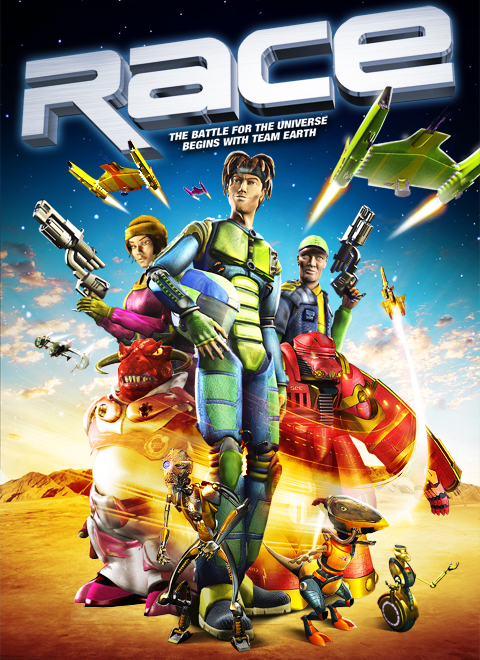
Written AND produced by Rhonda Smiley. No biggie.
Did you ever get intimidated by the typical length of a novel, or have trouble tracking story elements across that many pages?
I was never intimidated by length, but after a few rewrites, tracking definitely became difficult.
With so many things going on in the story, it was a challenge to remember where I was at times so that I didn’t inadvertently write about something as if it happened already when it hadn’t. Or vice versa. You can remember the general story linearly, but specifics, like a pertinent piece of dialog, become hard to track.
Do you work from an outline or do you just let the story take you wherever it goes?
I always work from an outline. I used to freeform when I first started writing, but when I got professional jobs, outlines were required, and I quickly realized how helpful they were. There’s a sense of freedom, ironically, when you know where you’re going. It’s sort of like dancing. If you know the choreography, you’re free to dance and you don’t have to “think” about the steps. That’s how I feel about outlines.
What kind of research – if any – did you do on novel writing before you started? Did you take a class, read instructional books, or just immerse yourself in others’ novels?
Well, for my first pass on Asper, which was years ago, I didn’t do any research per se. I read novels like anyone else, and I was a working screenwriter, so I thought I could do a decent job. A manager became interested in the manuscript and had some notes, and I did a few more passes. Then she left the industry and my book behind. (No, I don’t take it personally, why do you ask?)
Years later, when I picked it up again, I decided to approach it differently. That’s when I made the mistake of doing research. The problem is that there are a lot of different opinions, and a lot of people who think their opinions are facts. It can get very confusing very fast, and you can lose your storytelling style (your voice) trying to get it right.
I’d strongly recommend reading books in the genre that you’re writing, and pay attention to what works and even what doesn’t for you. It’s really hard to do, by the way, to pay attention to the craft when you get into a good book, but it’s tremendously helpful.
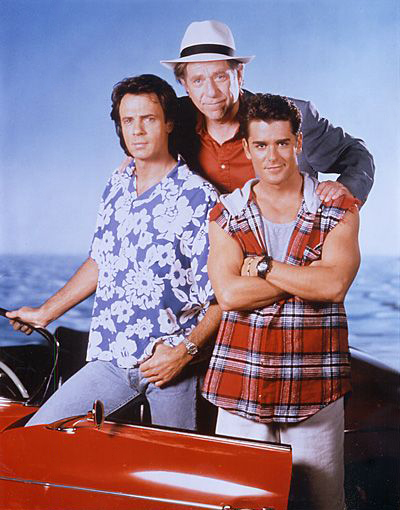
Rick Springfield, George Segal and Yannick Bisson keep the surf safe in “High Tide”
As a reader, do you have any favorite authors or genres?
Some favorites are John Irving, Nelson DeMille, Clive Cussler, and James Rollins. Sometimes I like to get really deep into characters and human drama, and sometimes I just want to enjoy an exciting adventure.
Having one completed book under your belt, are you working on another, or are you taking a break from that format?
I am working on another book (well, two if you count the Blowback graphic novel). This new one is for middle grade. My plan was to do a sequel to Asper and I wrote the outline for it, but every time I started working on the book, I got exhausted. In high fantasy, you’re creating lands, creatures, magic, etc., that don’t exist in real life, and they all have to make sense and work cohesively so that the world you create is credible. It takes a lot of energy, for me anyway. So I jumped over to a fun, less dark project first. But it does have a monster in it. Only one, though.
In any of your projects, does the title come to you as you conceive of the story, or does it reveal itself during the actual writing process?
I’m terrible with titles. I worked for a showrunner (maybe it was Mike McGreevey, maybe it wasn’t) who used to tease me about my titles. He wasn’t wrong. So I labor over them. I write lists. I look for reasons why.
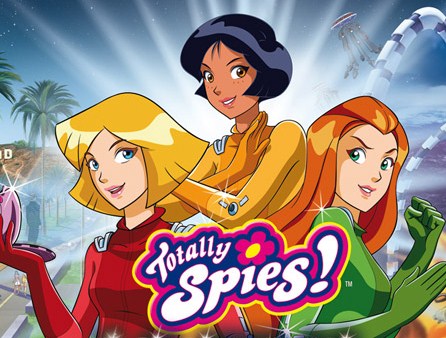
Not just partially spies
What advice would you give to other screenwriters who are considering trying their hand at writing a book?
Start early. (Unless you’re an A-lister; I love these sites that say enter our contests and like Jim Carrey, you too, can get great exposure for your book).
It takes years and many books to build an audience. It doesn’t usually happen with your first, so you want to collect readers along the way. It’s a process.
Similar to screenwriting advice I’d gotten, it’s probably best if you stick to a genre. Build your brand since that’s how you build your audience. You keep them coming back for more of what you do.
Full disclosure – I have not followed that advice, but I see the value in it. (Hence, the extensive outline to a sequel to Asper.)
SHORT ATTENTION SPAN ROUND
How do you like your eggs?
Cooked. Any which way. Scrambled, over-easy, poached, in a cake. I like eggs.
CGI or Traditional 2d Animation?
CGI (hashtag Hyper Image)
Electric Toothbrush or Manual?
Electric upstairs, manual downstairs. Wait, that sounded dirty. I have both, so it depends what part of the house I’m in.
Astaire or Kelly?
Astaire.
Sock style?
Ankle socks done right, meaning they don’t slip when you walk and end up spooled under your arch.
Taco Bell or Dell Taco?
How is that even a question? Taco Bell.
If you’d like to know even more about Rhonda and her work, you can check out her official website – rhondasmiley.com.
She also won’t complain if you buy a copy of her book (or six), which is available in paperback and digital formats at Amazon and Barnes & Noble. After all, the holidays are just a few months away…
Like this:
Like Loading...
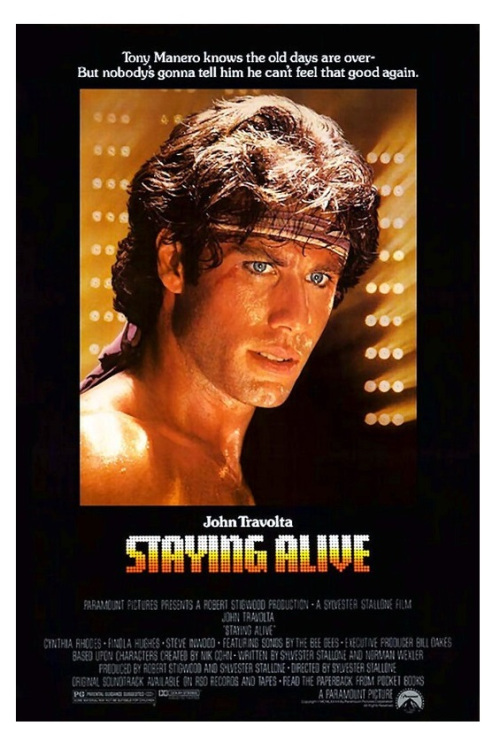
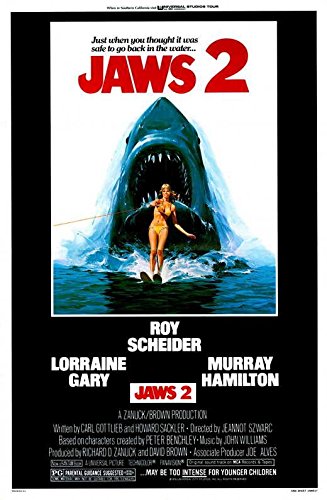
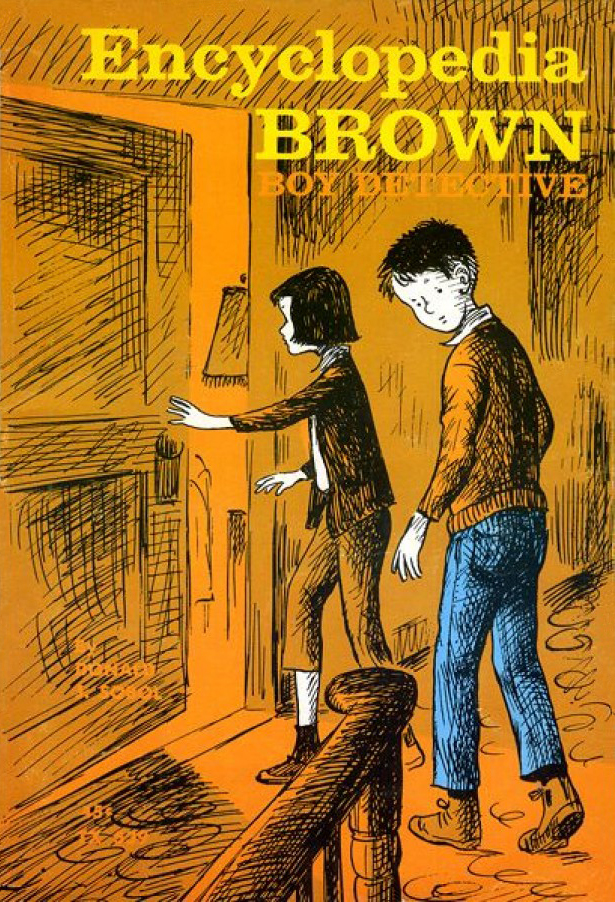
![[TEXTSMITH] BLOG](https://blog.jameshereth.com/wp-content/uploads/2016/07/cropped-cropped-BulbsPlus.jpg)
